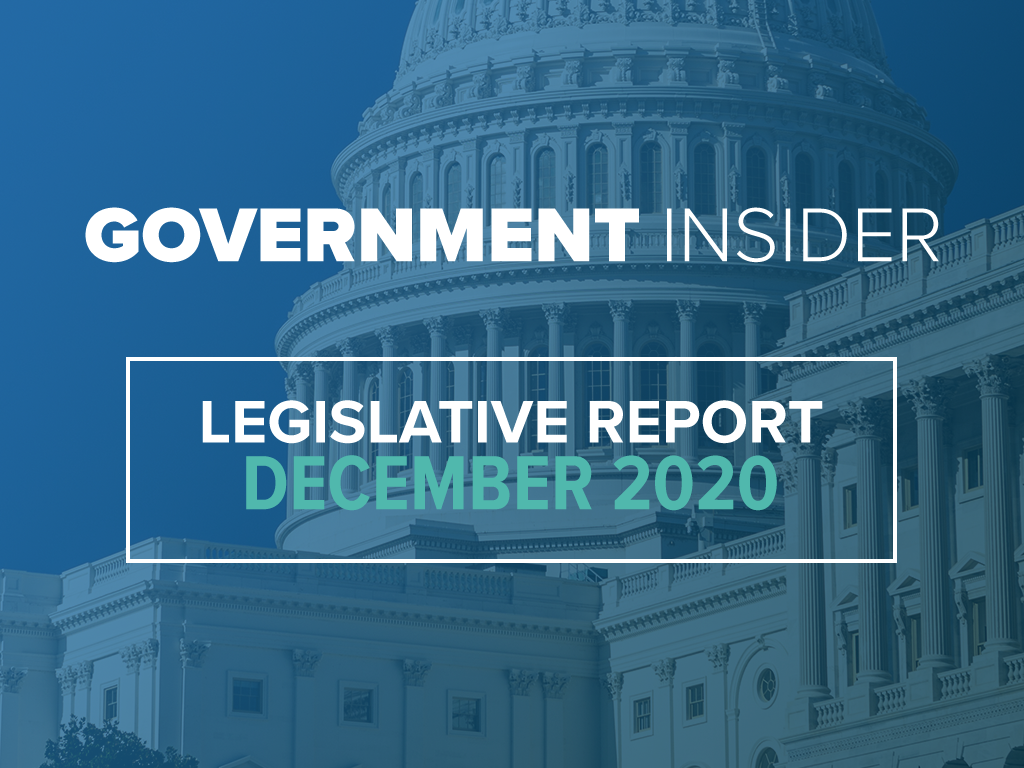Research Results: Impact of COVID-19 on the Industry

Industry Associations’ Joint Survey Results Reveal COVID’s Impact
In the last few weeks, ESA, SIA and TMA conducted a nationwide survey of members in order to better gauge the impact COVID-19 has had on electronic security and life safety businesses. This survey confirms the electronic security and life safety is being negatively impacted despite its role as an essential service in our economy.
Quick Figures:
- 21-30% loss of revenue is the median reported for all respondents
- Less than 4% of respondents were denied the “essential service” label in their jurisdictions
- 31-40% denial of access to job sites for service/testing/inspections/maintenance was the median for residential integrators, compared to 21-30% for commercial integrators
A cross-section of the industry represented itself in the responses as follows:
| Market Segments | Responses |
| Residential Integration | 27% |
| Commercial Integration | 49% |
| Monitoring Center | 11% |
| Manufacturer | 41% |
| Distributor | 11% |
| Manufacturer Representative | 5.7% |
| Individual/Specifier/Consultant | 19% |
| Other Security Solution Provider | 19% |
Impact on the Industry Overall
Across the country and in every vertical, our industry is experiencing negative effects on revenues from state and local executive orders for residents to practice social distancing. Survey respondents reported a median loss of revenue between 21 and 30% due to the executive orders. More than 60% of respondents reported losing this much or more of their revenue.
While most companies are experiencing declining revenues, some are impacted more than others; about one in five respondents reported a loss of more than half their company’s revenue.
Although revenues have dropped, most companies are not hindered from doing business due to “shelter-in-place” and business closure orders. Less than 4% of survey respondents reported that their businesses were denied access as an “essential service” in their jurisdictions.
More than 56% of respondents reported having to reduce hours or layoff less than 10% of their employees. On the other end of the scale, 13% of all respondents were forced to reduce hours, furlough or layoff more than 90% of their employees.
Less than 4% of survey respondents reported that their businesses were denied access as an “essential service” in their jurisdictions.
Impact on Residential and Commercial Integrators
The median reported revenue loss due to COVID for residential and commercial integrators was 21-30%. The majority of integrators – more than 70% – lost less than half of their revenue.
The denial of access seems to contribute to income loss for most integrators, as more than 80% report some level of interrupted access.
Some business owners might wonder which verticals are faring better than others, as many companies have already pivoted into the commercial space. According to the survey results, the differences are significant but not as drastic as you might expect. The median loss of revenue reported by residential integrators was 31-40%, while the median loss of revenue reported by commercial integrators was 21-30%.
The reported levels for denial of access to job sites for service/testing/inspections/maintenance in each segment correlate with these figures, with residential integrators reporting a median denial rate of 31-40% while the median denial rate for commercial integrators was 21-30%.
Survey responses confirm the observation many have already made: gaining access to residential customers’ homes has been more difficult during this time than access to commercial properties, many of which are unoccupied due to social distancing measures. This could contribute to lower demand for residential services during the pandemic.
When asked how industry associations could continue to help businesses weather this storm, respondents most frequently expressed their desire for opportunities to connect and continued updates on the latest information related to winning business strategies, economic assistance and industry trends.
ESA will continue to offer resources on its COVID-19 Resource Center. We encourage regular review of the resources we offer, and we will continue to keep members informed on all the latest developments that impact your business.




